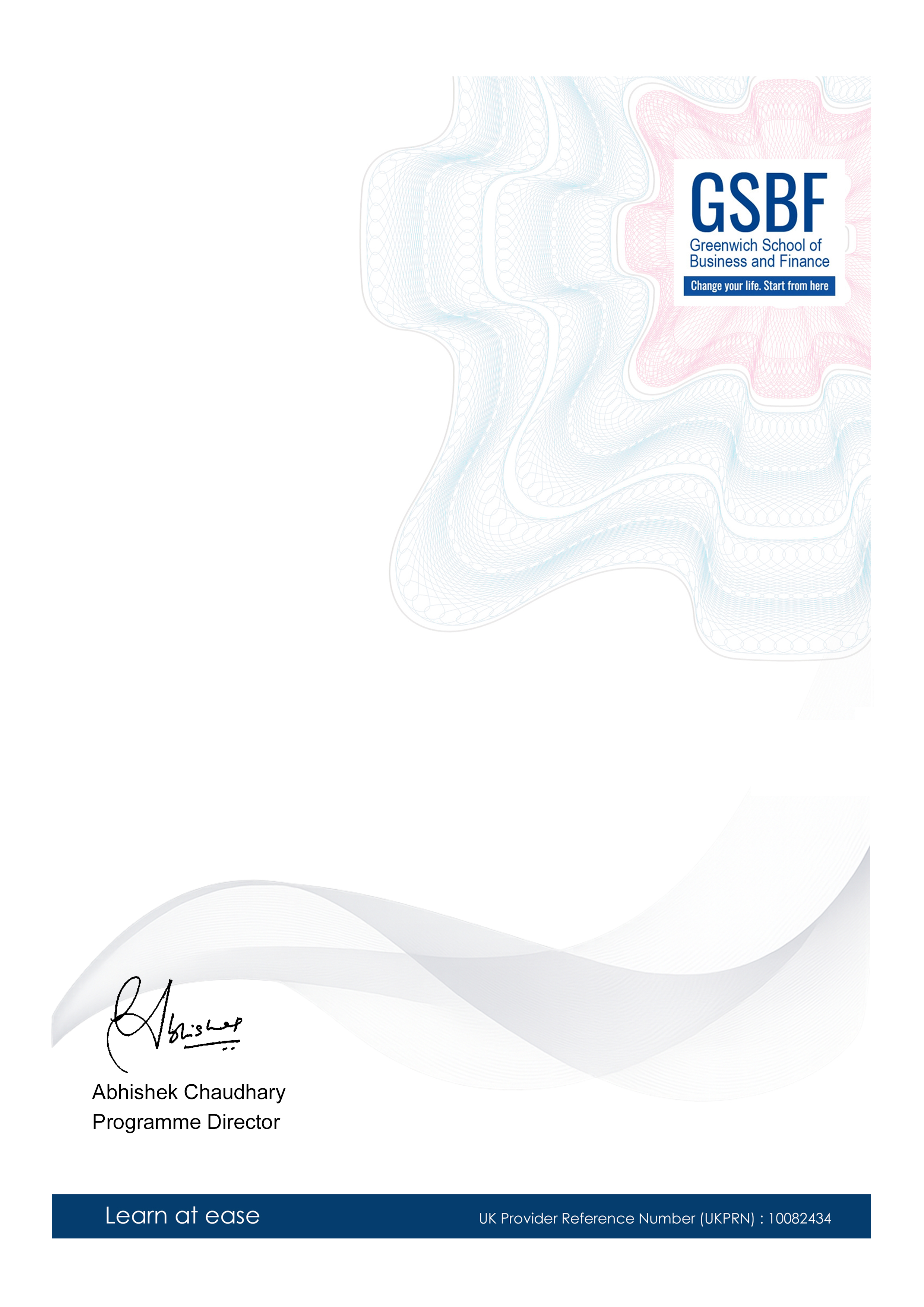Masterclass Certificate in International Humanitarian Logistics
-- viewing nowThe Masterclass Certificate in International Humanitarian Logistics is designed for professionals seeking to advance their skills in managing complex supply chains for humanitarian aid. The program covers essential topics such as emergency response planning, procurement, transportation, and distribution.
2,941+
Students enrolled
GBP £ 149
GBP £ 215
Save 44% with our special offer
About this course
100% online
Learn from anywhere
Shareable certificate
Add to your LinkedIn profile
2 months to complete
at 2-3 hours a week
Start anytime
No waiting period
Course details
Career path
Masterclass Certificate in International Humanitarian Logistics
The Masterclass Certificate in International Humanitarian Logistics is a comprehensive program that equips students with the necessary skills and knowledge to excel in the field of humanitarian logistics. The program covers a wide range of topics, including supply chain management, transportation, warehousing, and inventory control, all of which are critical components of effective humanitarian aid delivery. Upon completion of the program, graduates are well-prepared to pursue careers in various humanitarian organizations, government agencies, and non-profits around the world.
Job Market Trends
The demand for skilled professionals in the field of humanitarian logistics is on the rise, particularly in the UK. This can be attributed to the increasing number of natural disasters and conflicts worldwide, which require efficient and effective aid delivery systems. According to recent studies, the job market for humanitarian logisticians is expected to grow by 10% in the next five years, with salaries ranging from £30,000 to £60,000 per annum.
Career Roles
There are several career roles within the field of humanitarian logistics, each with its unique set of responsibilities and requirements. Some of the most common roles include:
- Logistics Coordinator: Responsible for planning, organizing, and managing the logistics operations of an organization. This may involve coordinating transportation, warehousing, inventory control, and supply chain management activities.
- Supply Chain Manager: Oversees the entire supply chain process, from procurement to delivery, ensuring that goods and services are delivered efficiently and effectively. This role requires strong analytical and problem-solving skills.
- Transportation Specialist: Responsible for arranging and managing the transportation of goods and personnel. This may involve working with shipping companies, airlines, and ground transportation providers.
- Warehouse Manager: Oversees the day-to-day operations of a warehouse, ensuring that goods are stored safely and efficiently. This role requires strong organizational and leadership skills.
Skills Demand
The field of humanitarian logistics requires a unique set of skills, including:
- Strong analytical and problem-solving skills: Ability to identify and address complex logistical challenges in a timely and effective manner.
- Excellent organizational and time management skills: Ability to manage multiple tasks and deadlines simultaneously while maintaining attention to detail.
- Strong communication and interpersonal skills: Ability to work collaboratively with diverse stakeholders, including colleagues, partners, and beneficiaries.
- Technical proficiency in logistics software and tools: Knowledge of various logistics management information systems (LMIS) and other relevant software applications.
Salary Range
The salary range for humanitarian logisticians in the UK varies depending on factors such as experience, education, and the specific role. However, according to recent studies, the average salary for this profession is around £45,000 per annum.
Entry requirements
- Basic understanding of the subject matter
- Proficiency in English language
- Computer and internet access
- Basic computer skills
- Dedication to complete the course
No prior formal qualifications required. Course designed for accessibility.
Course status
This course provides practical knowledge and skills for professional development. It is:
- Not accredited by a recognized body
- Not regulated by an authorized institution
- Complementary to formal qualifications
You'll receive a certificate of completion upon successfully finishing the course.
Why people choose us for their career
Loading reviews...
Frequently Asked Questions
Skills you'll gain
Course fee
- 3-4 hours per week
- Early certificate delivery
- Open enrollment - start anytime
- 2-3 hours per week
- Regular certificate delivery
- Open enrollment - start anytime
- Full course access
- Digital certificate
- Course materials
Get course information
Earn a career certificate

